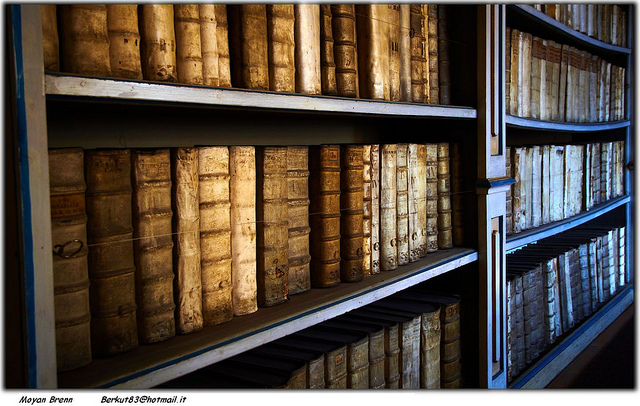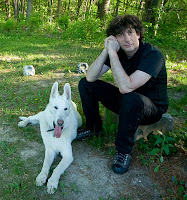I found this in my inbox last night. From Amazon:
We are happy to announce that the popular 70% royalty option is now available for sales to customers in India for titles enrolled in KDP Select. This royalty option is available for books sold from the new India Kindle Store, Kindle devices, and Kindle apps.Looks like the ebook market in India is just getting started:
New features for authors and publishers in India include the ability to set prices specific for India, receive royalty payments in INR, and now earn up to 70% royalties when enrolled in KDP Select. For additional details, check out our Terms and Conditions:
https://kdp.amazon.com/self-publishing/help?topicId=APILE934L348N
Also, take a look at the 70% List Price Requirements:
https://kdp.amazon.com/self-publishing/help?topicId=A301WJ6XCJ8KW0
If you would like to review or change your royalty preferences for each title sold in India, just visit the KDP Bookshelf here:
https://kdp.amazon.com/self-publishing/dashboard
If you happened to wander down the aisles of the Delhi Book Fair that concluded recently, you would think that India is soon going to be swamped by a tsunami of ebooks, heralding a digital revolution in e-reading like never before. Almost every other store had something about soon-to-come ebook offerings.Looks like a great market for indie authors! The rest of this article can be read here: Is an ebook revolution around the corner? Thanks to the Passive Voice Blog for the link.
The reality is that the Indian publishing industry in its offline form is still flourishing, churning out 100,000 titles a year and growing at 12 to 15 per cent a year. Many of the biggies in the book selling business seem impervious to all the noise about the business of reading digitally. Leading online book chain, Flipkart, had earlier said it was studying the space, but refused to comment on ebooks for this story. Snapdeal, the online marketplace, says that it is treading cautiously. Snapdeal co-founder and chief executive officer, Kunal Bahl, says that he too is analysing opportunities, but first wants “to ensure that there are enough devices for people to access ebooks.”
Other articles you might like:
- How To Format A Word Document For Amazon's KDP Publishing Program
- Lyla Sinclair's 8 Secrets Of Successful Romance Writing
- Indie Books: What Price Is Right?
Photo credit: Unknown










